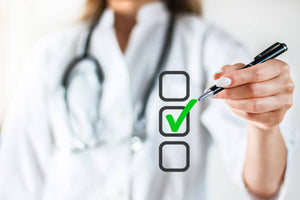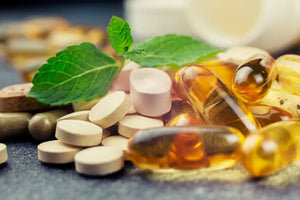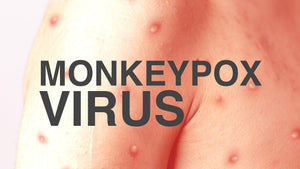
GST Implications on Medical Equipment Purchases
The Indian pharmaceutical industry is one of the world’s largest and most developed, ranking among the higher ranks in terms of value as well as volume. It has a growth rate of 13% per year and currently ranks fourth on a global scale pertaining to the volume of sales. It is also a leading producer of the active pharmaceutical ingredients (API) in the international arena, much highlighted during the attempts at developing a vaccine for the COVID-19 pandemic we are all facing. The healthcare sector includes both, the supply of services by the hospitals and diagnostic centres, as well as the supply of goods by pharmaceutical companies.

The implementation of the Goods and Services Tax (GST) has had a major impact on this particular industry. It has led to the elimination of several indirect taxes between the states and has brought a certain uniformity across the country with a single uniform tax regime. A majority of the industries have welcomed this new tax regime as it simplifies the business operations and increases the affordability for users. Owing to these tax benefits and lower prices, platforms such as Smart Medical Buyer are able to provide wholesale medical supplies at extremely low prices online with uniform GST credit and zero compromise on the product quality.

For medicines and medical supplies, the Goods and Services Tax is taxed at four separate rates NIL, 5%, 12%, and 18%. These are charged in the following manner:
- NIL rate is charged on blood, its’ by-products and all contraceptives.
- 5% GST rate is charged on life-saving drugs such as vaccines and medication for tuberculosis, AIDS, diabetes, hepatitis, malaria, etc.
- 12% tax is levied on medicines prepared by mixing two or more constituents for therapeutic or prophylactic uses. These include all Ayurvedic, homeopathic, Unani, or biochemical medicines as well.
Medical supplies such as bandages gauge, latex gloves, surgical and dental devices among others also fall under this category. This means that for most of the supplies bought with GST credit from SmartMedicalBuyer.com, you will get to set off 5-12% of your purchase value against your incoming GST, thus resulting in additional savings. - The highest tax slab of 18% is charged on medicines that contain nicotine prolacrilex, such as nicotine gums.
GST is also charged at 28% on some products and services under the GST, however, none of the medicines or medical supplies fall under this category.

The imposition of Goods and Services Tax on medicines and medical supplies has been such that the prices continue to be equivalent in most cases. The excise duty on dietary products has been done away with and the taxes reduced leading to benefits for the consumers and in this case, doctors and clinics.
Another aspect of the introduction of GST in this industry is its effect on the warehousing of medical supplies. Earlier, with the Value Added Tax (VAT) system, the pharmaceutical companies had to warehouse the medical supplies at a rate of 2% for interstate supplies. However, with the introduction of the GST, the warehousing cost has been exponentially reduced with the Input Tax Credit benefits being provided and the same GST rates across all states. This has been one of the major impacts of GST on the pharmaceutical industry.
If you would like to know more about how GST credit can transform your medical purchases, feel free to call Smart Medical Buyer on their customer care and get further information on how you can avail the same







